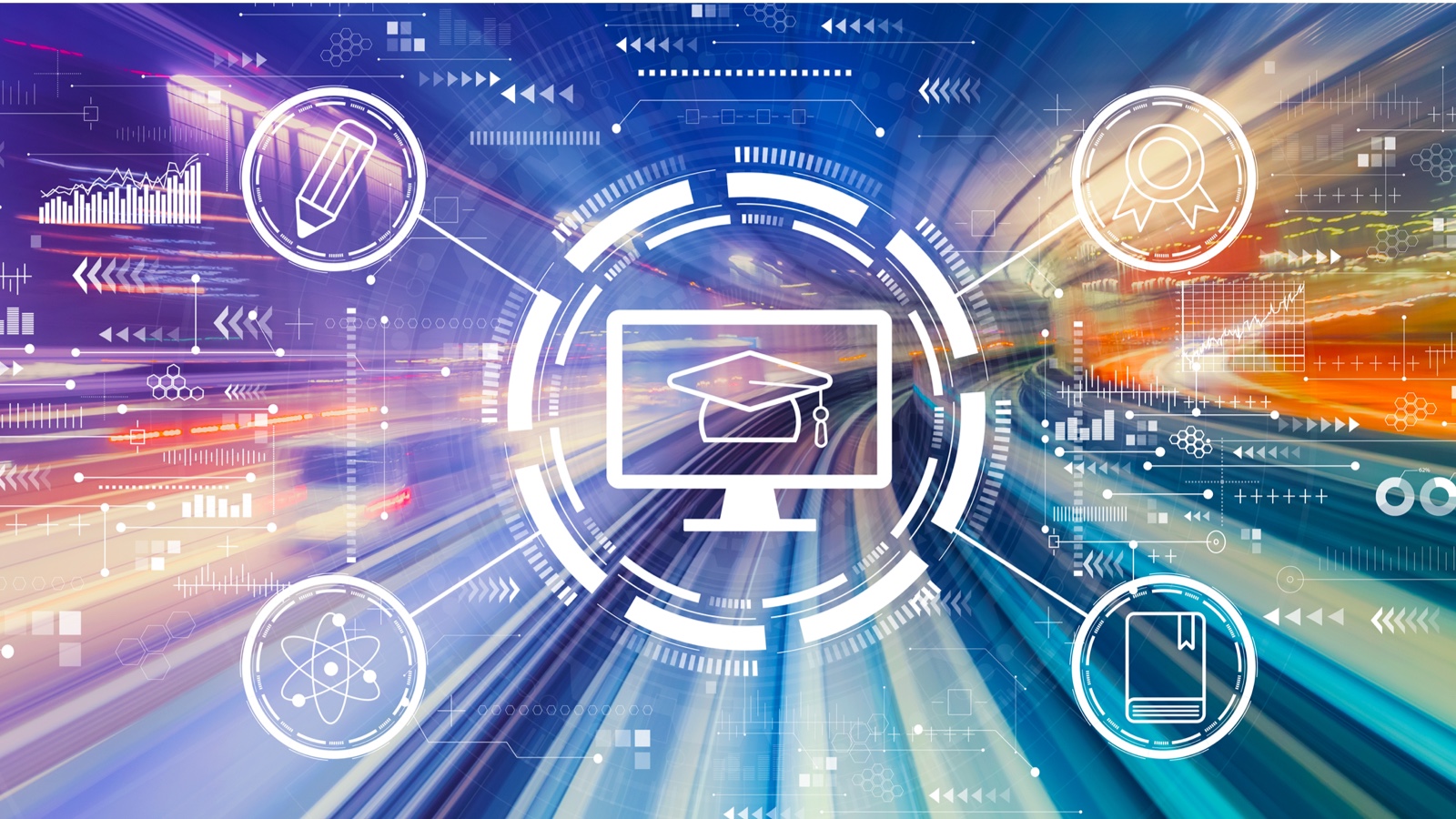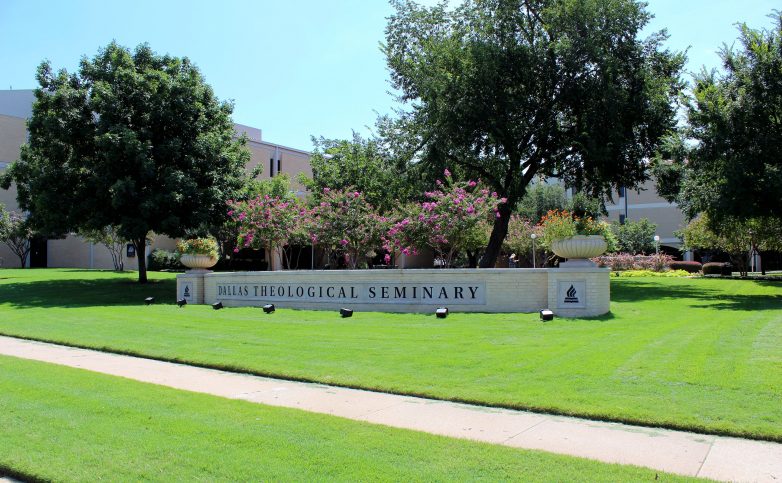The International Baccalaureate (IB) Physics Higher Level (HL) curriculum is a cornerstone of global education, designed to deepen students’ understanding of physics. This program prepares learners for academic challenges and fosters critical thinking and problem-solving skills. Students also develop a deep appreciation for the scientific method, essential for a well-rounded educational experience.
Over time, the IB Physics HL curriculum has integrated cutting-edge scientific discoveries and innovative teaching methodologies. This continuous adaptation ensures that students grasp fundamental physics concepts while being capable of applying these concepts to solve real-world problems. The dynamic nature of this curriculum positions it as an influential force in nurturing the next generation of scientists and innovators.
In our rapidly advancing world, mastering physics provides an essential foundation for understanding complex scientific issues and leveraging them to make practical contributions. The IB Physics HL curriculum equips students with the necessary tools to dissect intricate scientific ideas and implement them effectively. Engaging with this robust curriculum primes students not only for success in higher education but also empowers them to drive forward scientific and technological progress.
Table of Contents
Core Topics in Focus
At the heart of the IB Physics HL curriculum are core topics like mechanics, thermodynamics, and electromagnetism. These subjects are crucial for a robust understanding of physics and lay the groundwork for delving into more intricate concepts. By integrating these essential topics throughout the course, students develop a comprehensive perspective on how physical laws shape our natural environment.
Mechanics examines the rules of motion and the forces affecting object movement, essential for understanding phenomena from a ball’s arc to planetary orbits. Thermodynamics investigates heat and energy dynamics, crucial for grasping how engines work or why climates change. Electromagnetism focuses on electric and magnetic fields, supporting innovations from electric motors to wireless communications.
These core subjects are not just academic; they’re integral to scientific progress like renewable energy development or space exploration. Engaging with these areas allows students not only to master theoretical concepts but also to harness them in addressing tangible challenges.
Customizing the Learning Experience
A standout feature of the IB Physics HL curriculum is its flexibility, allowing students to personalize their educational paths through a selection of optional topics. This customization enables students to tailor their studies to their interests and career goals.
The optional topics extend beyond the core curriculum, offering subjects like astrophysics and medical physics. For instance, a student fascinated outer space might opt for astrophysics, where they can explore stellar life cycles and cosmic structures.
Engaging in these specialized areas not only broadens students’ knowledge but also fosters critical thinking and creativity. As students connect with subjects that spark their curiosity, they cultivate a lasting enthusiasm for learning and gain great respect for scientific inquiry.
The Importance of Practical Work
In the IB Physics HL curriculum, hands-on learning is essential. Students immerse themselves in practical applications of the theories they’ve studied. Direct engagement with experiments sharpens critical thinking and problem-solving abilities.
Students might delve into the laws of motion through experiments like tracking how a ball rolls down an incline or studying the dynamics of a swinging pendulum. These activities bridge the gap between theoretical physics and tangible experiences, transforming abstract concepts into palpable truths that resonate with students on a deeper level.
Practical work not only hones scientific acumen but also cultivates vital collaborative and communicative skills. As students join forces to design experiments and analyze results, they mirror the cooperative spirit found within the global scientific community—a place where teamwork amplifies success and clear communication is paramount.

Assessment and Examination Structure
Understanding the assessment and examination framework of the IB Physics HL course is essential for students determined to thrive. The course strategically blends internal assessments with external exams to gauge both theoretical insights and practical skills comprehensively.
Internal assessments offer students a platform to showcase their grasp through various projects and investigations. These tasks apply theoretical knowledge in practical situations, fostering critical thinking.
External examinations rigorously test students on core subjects as well as elective topics within the syllabus. Featuring diverse question formats including multiple-choice, short-answer, and extended-response items, these exams assess students’ proficiency in applying learned concepts to intricate problems while articulating their ideas clearly.
Navigating Academic Challenges
The IB Physics HL curriculum, renowned for its demanding academic demands, challenges students to harness their dedication and perseverance. Yet, with the appropriate strategies and mindset in place, students can not only meet but excel within these academic confines. Key to this success are effective time management, consistent study habits, and a proactive learning stance.
Mastering time management is essential for juggling the intense demands of the IB Physics HL course alongside other academic and extracurricular pursuits. Students benefit from devising a structured study timetable that dedicates specific periods for revisiting core topics, completing assignments, and preparing for evaluations.
Equally critical are steadfast study routines. Regularly revisiting course content, actively contributing to class discussions, and engaging in practical exercises solidify students’ grasp of complex physics concepts. Moreover, leveraging support from educators and classmates can significantly bolster one’s understanding and enrich the overall educational journey.
Physics in the IB Diploma
Within the expansive IB Diploma Programme, Physics HL stands as a key element, weaving together diverse strands of knowledge. This course not only deepens students’ grasp of scientific concepts but also bridges them with other disciplines, there enriching their global perspective and analytical acumen.
The course’s structure fosters an environment where learners can see the synergy between physics and other fields such as mathematics, chemistry, and environmental science. This holistic approach not only expands their knowledge but also sharpens their ability to think critically—a skill indispensable in both academia and real-world scenarios.
Moreover, Physics HL equips students with a robust set of skills sought after across various sectors including engineering, technology, healthcare, and environmental studies. Engaging deeply with this curriculum prepares them for a spectrum of future educational pursuits and careers while empowering them to contribute effectively to societal advancements.
Resources and Support for Success
In the journey through the IB Physics HL course, students are equipped with a diverse array of resources and support mechanisms designed to enrich their educational experience. From recommended textbooks to online materials and study aids, these tools offer essential guidance, aiding learners in mastering the curriculum’s complexities and achieving their scholarly objectives.
Textbooks and online resources provide comprehensive explanations, examples, and practice opportunities to deepen understanding of physics principles. Engaging with these texts thoroughly prepares students for upcoming assessments and exams.
Moreover, online resources and study aids contribute significantly to student learning providing supplementary explanations and opportunities for practice. Through websites, video tutorials, and interactive simulations, learners can delve into physics concepts in a more dynamic manner. By tapping into these digital tools, students not only broaden their understanding but also hone the skills essential for excelling in the IB Physics HL course.
Strategies for Excelling in Physics
To excel in the IB Physics HL course, a blend of commitment, strategic study methods, and a genuine enthusiasm for learning is essential. By embracing effective techniques and drawing inspiration from students who have thrived, you can overcome the course’s challenges and reach your academic aspirations.
A crucial strategy for thriving in this rigorous course involves immersing yourself fully in the subject matter. Active participation in class and consistent practice, including reviewing past exam papers, are key to mastering the course.
Equally critical is the habit of consistent practice coupled with constructive feedback. Tackling practice problems, analyzing previous exam papers, and soliciting input from educators and classmates are invaluable steps toward pinpointing weaknesses and enhancing comprehension. This diligent preparation not only boosts your confidence but also paves the way to mastering the IB Physics HL course.
Opportunities Beyond the Classroom
Embarking on the IB Physics HL journey not only equips students with profound knowledge but also paves the way for myriad opportunities in both academia and professional realms. The expertise fostered throughout this course is immensely valued across various sectors, laying a robust groundwork for future achievements.
In the realm of higher education, those who have navigated through the IB Physics HL course find themselves exceptionally prepared for demanding academic environments. Fields such as engineering and technology highly value the critical thinking, problem-solving, and analytical prowess honed during their course study, pivotal for thriving in these areas and pursuing further scholarly endeavors.
The career paths available to graduates of IB Physics HL are as varied as they are fulfilling. With skills that translate effectively across multiple industries—including aerospace, telecommunications, healthcare, and environmental science—students can leverage their acquired knowledge to forge impactful careers. This not only allows them to thrive professionally but also enables them to contribute significantly to societal advancements.



